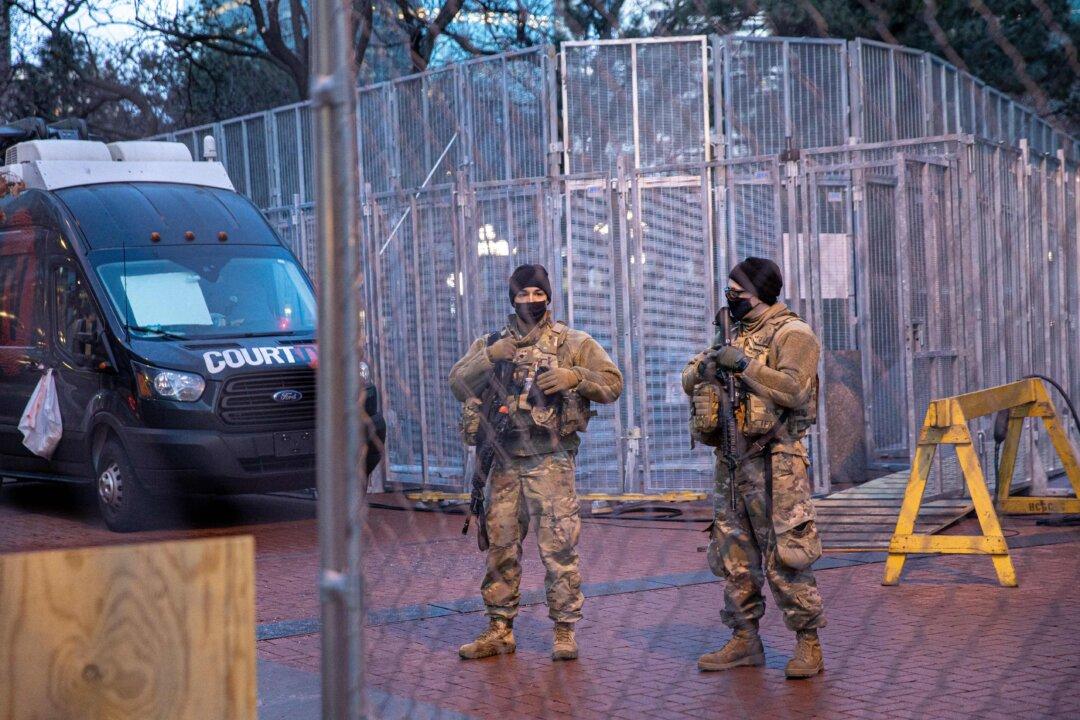Jury selection was delayed Monday in the trial of Derek Chauvin, the former Minneapolis police officer who is charged with second-degree murder and manslaughter in the May 2020 death of George Floyd.
The delay is until at least Tuesday, reported local outlets. It stems from prosecutors requesting that an appeals court impose a hold on the selection as higher courts decide whether they can add a third-degree murder charge.





